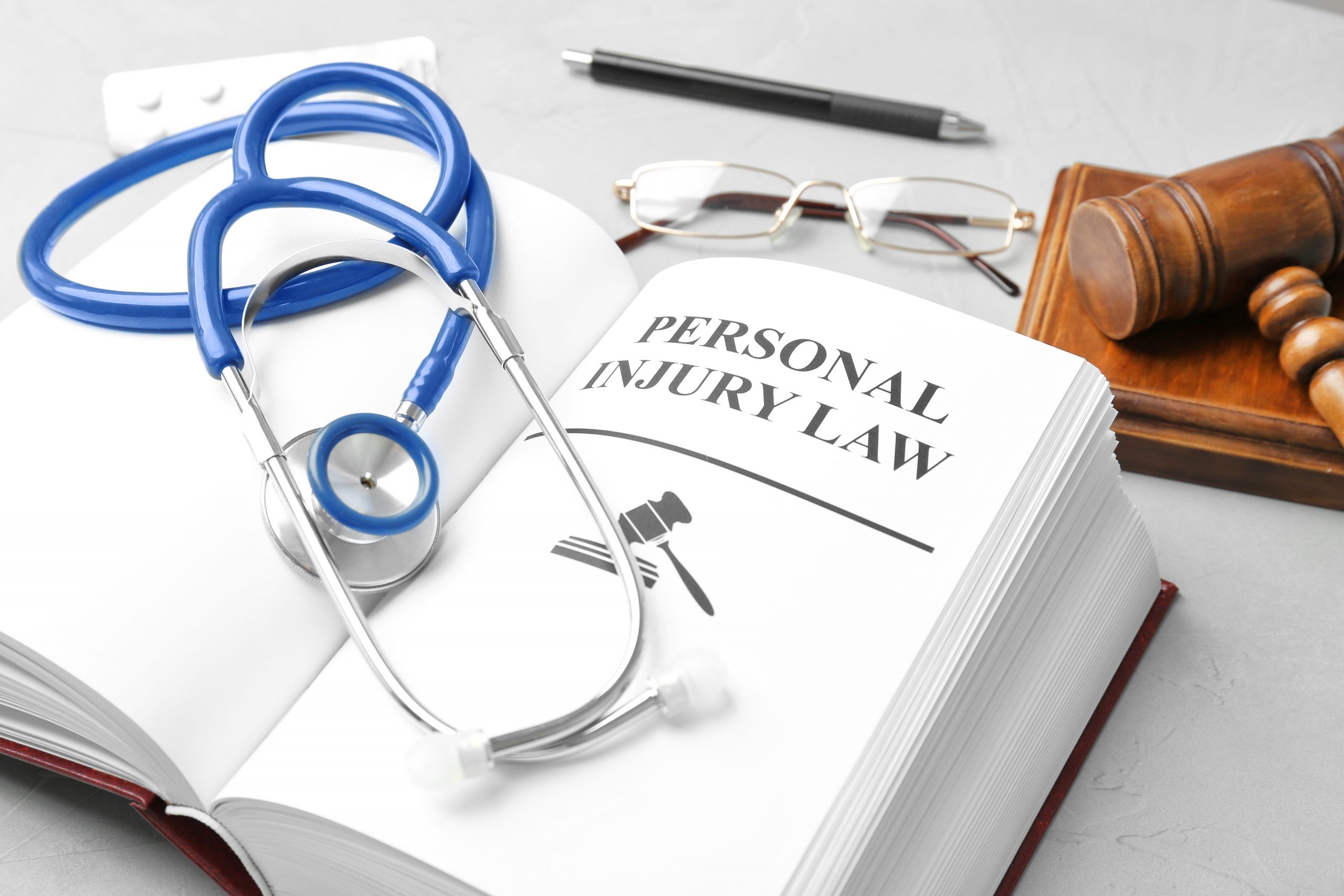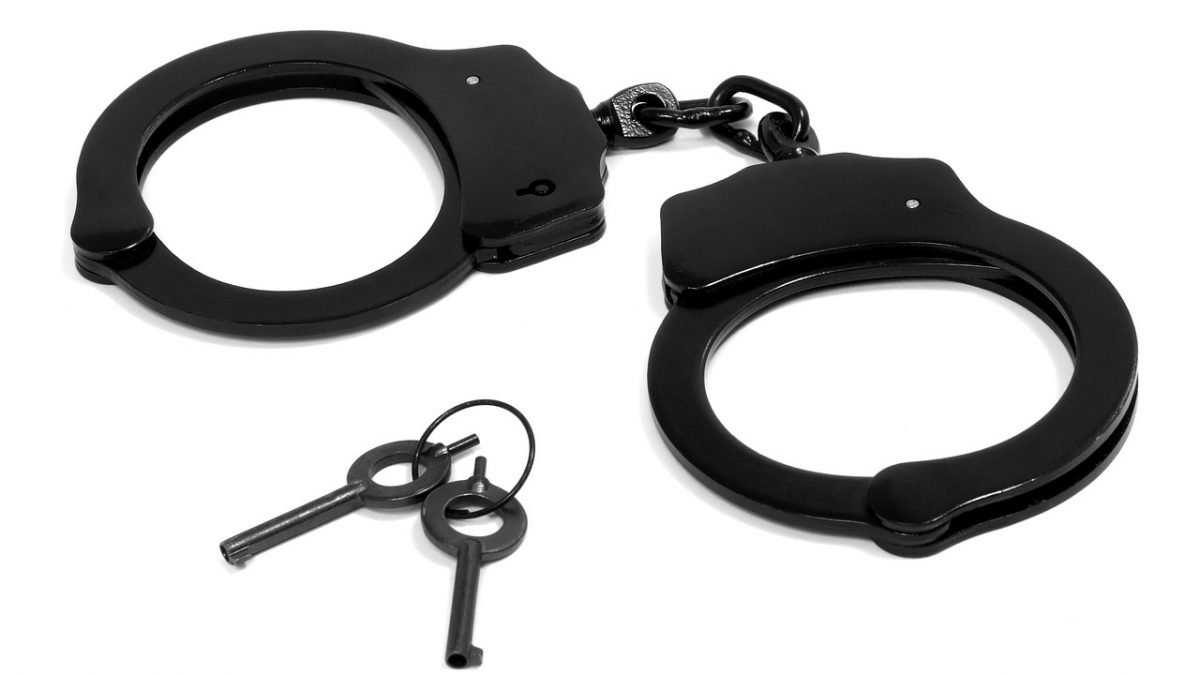A ‘Heretical Synthesis’: Reconceptualising Undue Influence in Lloyd’s Bank v Bundy [1974]
October 7, 2021
Average Cost for Bringing an Injury Case to Trial
October 7, 2021The criminal justice system is complex and can be confusing, especially for those who have not had prior experience with the court system or law enforcement. The process is initiated by the arrest by an officer. After the arresting officer files their police report, the report is given to the prosecutor for review. The report will outline the reasonable basis for believing that a crime has been committed. If a warrant was issued before the arrest, then a judge has already determined that there was probable cause in the case. The accused individual who has been arrested is held in custody until the district attorney files charges. Sometimes the person who is arrested can post bail and be released for a future court date.
Initial Appearance
The alleged offender hears for the first time why they were arrested and what crime or crimes they are accused of committing. The defendant stands before a magistrate judge who advises the accused of their rights and determines whether or not they have the financial means to hire an attorney or if they need to have a public defender appointed to their case.
Law offices like https://www.lustberglaw.com/ recommend that you retain a criminal defense attorney before the Initial Appearance because you will be asked to enter a formal plea to the charges at the Initial Hearing as guilty, not guilty or no contest. You should have an attorney that you trust advising you of your rights and explaining the consequences and options before you go into your initial hearing. Your criminal defense attorney can also prepare arguments for your pretrial release and negotiate a bail amount for you.
Witnesses
A deposition is when a witness’ testimony is taken under oath after formal charges have been filed. Witnesses are either individuals who saw the crime while it was being committed or can testify to what the accused was doing immediately before or after. In a driving under the influence (DUI) case, for example, a witness could be a pedestrian or someone leaving the bar at the same time as the accused.
What is the probable cause?
According to the Fourth Amendment, the police must have a reasonable basis for believing that a crime has been committed or that evidence exists in a place to be searched. However, there is no universal meaning to probable cause, so it is usually left up to the circumstances of the case.
How are crimes classified?
Crimes in New York and New Jersey can be charged as infractions, misdemeanors, or felonies. Infractions are the least serious types of violations and usually result in a fine. Misdemeanors are much more serious crimes and are punishable by up to one year in county jail. Felonies carry the most severe penalties if convicted, from incarceration to the death penalty.
If you plead not guilty to a misdemeanor at your Initial Hearing, then your case will proceed to trial. If you plead not guilty to felony charges, then your case will be set for a preliminary hearing. The prosecution has the burden to prove that the defendant is guilty. The burden of proof is a legal duty and standard of collecting evidence to prove that the defendant is guilty beyond a reasonable doubt.





